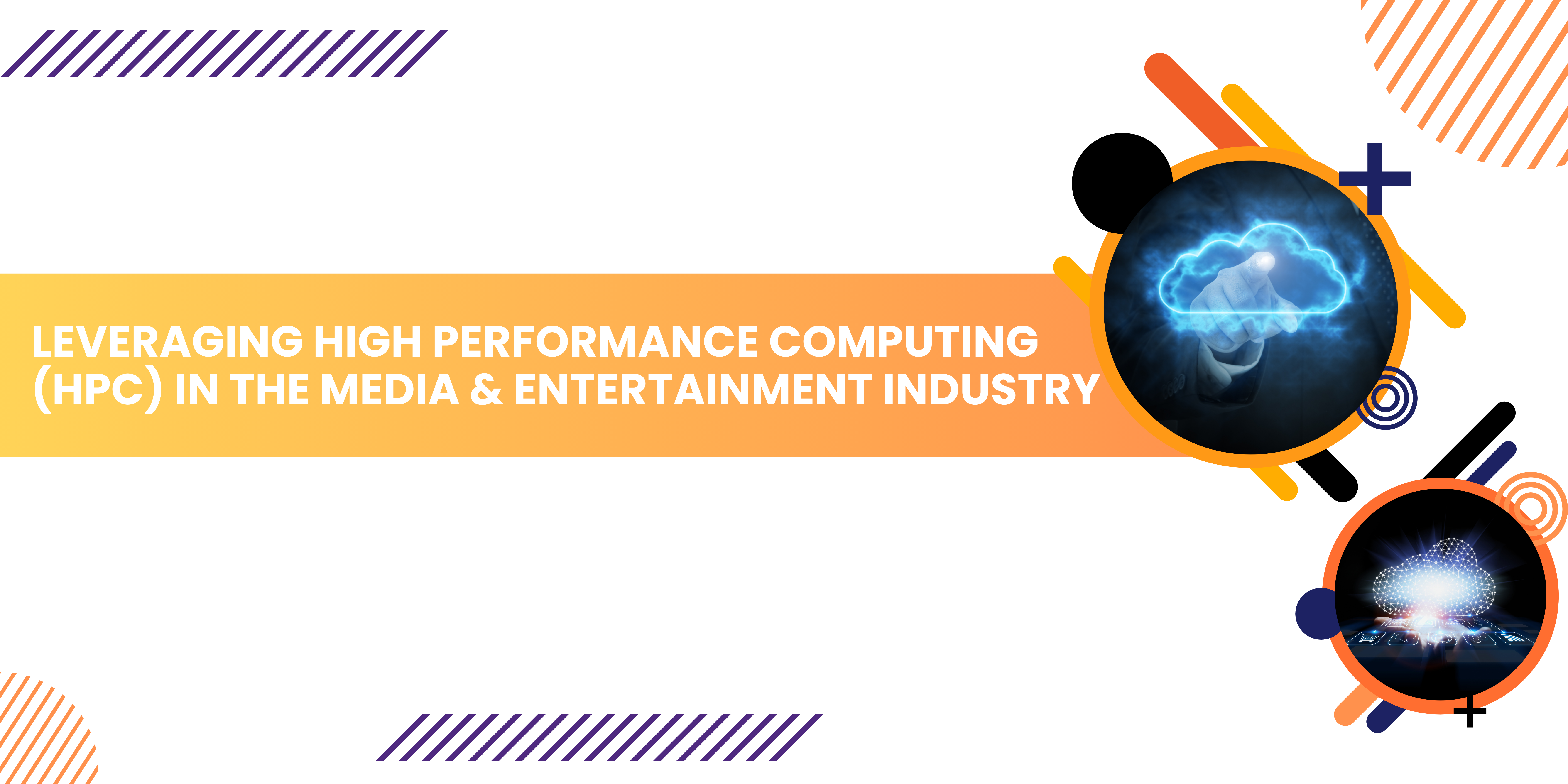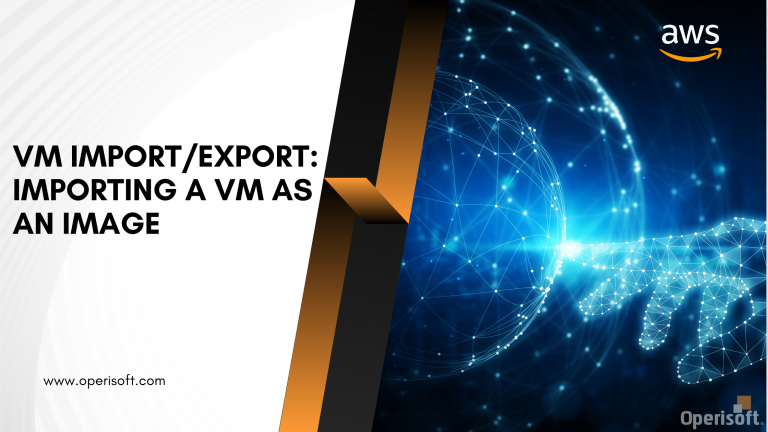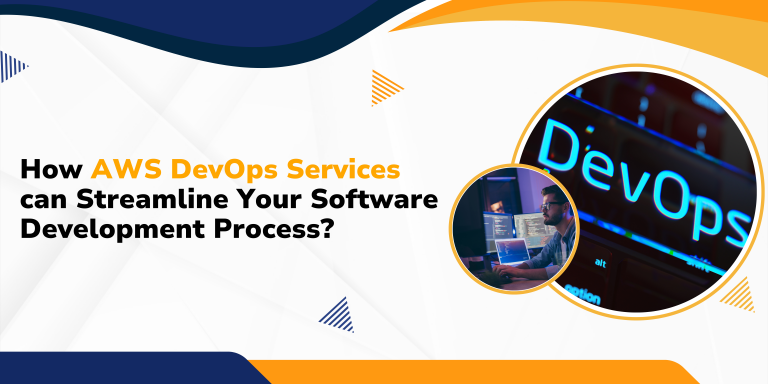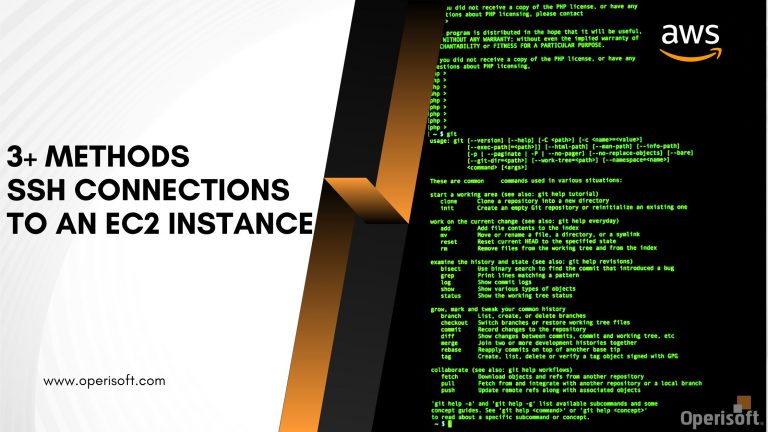In the media and entertainment industry, technological advancements have revolutionized how content is created, edited, and delivered. One such game-changer is High Performance Computing (HPC), a technology that enables vast computational resources to handle demanding tasks in real-time. The convergence of HPC with AWS DevOps services, AWS migration service, and AWS cloud consulting opens the door to efficient workflows, enhanced scalability, and cost-effective solutions for media companies.
Market Trend HPC in Media & Entertainment
The High Performance Computing (HPC) market in the media and entertainment industry is projected to grow significantly, reaching approximately $9.9 billion by 2026, with a CAGR of about 24% from its $3.3 billion value in 2021. The increasing demand for 4K/8K video content and virtual production is driving this trend, particularly with cloud-based HPC services expected to account for over 50% of the market. HPC enhances animation and VFX production, cutting rendering times by 40% to 60% and reducing post-production timelines by up to 50%. Additionally, around 30% of HPC applications in the sector involve AI for content creation and personalization, leading to a 25% to 30% reduction in infrastructure costs. These advancements are transforming production processes, making them faster, more efficient, and scalable.
The Role of HPC in Media & Entertainment
From rendering 3D animations to processing massive video files and simulations, media companies need intensive computing power. High Performance Computing allows media professionals to scale their processing capabilities and deliver top-tier content faster.
Here’s how HPC is transforming media & entertainment:
1. Faster Rendering and Animation
One of the most time-consuming processes in the media industry is the rendering of animations and visual effects. HPC clusters drastically reduce the time taken to render high-resolution video, which is particularly useful for 3D animations and post-production.
Example: Movie Production
In animated films, producing each frame can take hours due to complex algorithms and high-quality rendering. Traditionally, rendering one second of animation could take days. However, using AWS DevOps services, an animation studio can create an HPC-powered rendering farm. With AWS’s auto-scaling capabilities, the studio can automatically allocate the necessary computing resources, cutting down rendering time from days to hours while only paying for the resources used.
2. Real-Time Streaming and Video Processing
As video streaming becomes more prevalent, real-time encoding and transcoding have become important. HPC provides the necessary computing power to process videos in different formats and resolutions in real-time.
Example: OTT Platforms
For Over-the-Top (OTT) media platforms, delivering high-quality, buffer-free streaming to millions of users requires robust infrastructure. Leveraging AWS migration services, these platforms can migrate their video processing and streaming workloads to an HPC cluster on the AWS cloud. The HPC infrastructure supports real-time video encoding for multiple formats and resolutions, ensuring smooth playback even for live events.
3. Post-Production and VFX
Post-production processes such as visual effects (VFX), colour correction, and sound editing are resource-intensive and require immense computational power. HPC enables teams to speed up post-production workflows, collaborating in real-time across different locations.
Example: Visual Effects (VFX) for Blockbusters
Blockbuster movies require sophisticated VFX, often involving simulation of explosions, liquids, or large-scale environments. HPC clusters allow studios to run complex simulations faster than ever before. By using AWS cloud consulting services, studios can set up cloud-based HPC environments tailored for VFX processing. This removes the need for on-premises hardware and enables seamless collaboration among global teams.
4. AI and Machine Learning in Content Creation
The growing demand for personalized content has fuelled the use of AI and machine learning in media production. AI algorithms can create personalized recommendations, automate content tagging, and even generate entire scenes using machine learning models.
Example: Automated Content Curation
Streaming services and news agencies use AI-driven recommendation systems to suggest content based on user behaviour. By leveraging HPC, media companies can process vast datasets in real-time to train machine learning models. Using AWS DevOps services and AWS cloud consulting, companies can build scalable, fault-tolerant HPC clusters on AWS for training their AI models, significantly speeding up the process and delivering better personalization to users.
5. Data-Driven Content Creation
HPC can enhance the media industry’s ability to analyse massive amounts of data. From box office projections to viewership patterns, HPC allows studios to make data-driven decisions and optimize their content for specific demographics.
Example: Predictive Analytics for TV Shows
TV networks and production houses often rely on data to decide which shows to greenlight or cancel. HPC enables these organizations to process millions of data points—such as viewer demographics, social media sentiment, and streaming statistics—in real-time. By migrating their analytics workloads to AWS using AWS migration services, studios can make more informed decisions about content production, distribution, and marketing.
How AWS Services Enhance HPC in Media & Entertainment
AWS provides a robust set of tools and services to support HPC in the cloud, specifically for the media and entertainment industry:
- AWS DevOps Services: Automate the deployment and management of HPC clusters for tasks such as rendering, AI model training, and video processing. With DevOps best practices, studios can build CI/CD pipelines that scale with their computing needs.
- AWS Migration Service: Allows media companies to seamlessly move their workloads—such as post-production or VFX tasks—to the cloud, without downtime or data loss.
- AWS Cloud Consulting: Offers tailored cloud infrastructure solutions for setting up HPC environments, helping media businesses optimize their resources, reduce costs, and achieve faster content delivery.
Conclusion
The media and entertainment industry is undergoing a digital transformation powered by High Performance Computing (HPC). Whether it’s reducing rendering times, enabling real-time video processing, or running complex simulations for visual effects, HPC offers media companies the computational power they need to deliver high-quality content faster and more efficiently. With the help of AWS DevOps services, AWS migration services, and AWS cloud consultants, studios and production houses can fully harness the benefits of HPC, driving innovation and success in the competitive media landscape.
By integrating HPC into media workflows, companies can ensure they stay ahead of the curve in this fast-evolving industry, producing ground-breaking content while maintaining operational efficiency.







